When the pandemic put life as we know it on hold, Laura Whitney Sniderman went looking for friends. What she found was an entire community – and a business idea that is soon to become an app.
Having moved back to her native Toronto at a time when in-person socialising was impossible, she took to the internet to find new connections and was disappointed by the services on offer.
“On friendship apps, I immediately felt like I was on a dating app,” she recalls. “This made the experience rather awkward from the get-go. I also found that making a friend online is far more nuanced than finding love or lust. Unlike dating – where you know that if the conversation goes well, you go on a date – with friendship there isn’t a clearly understood next step.”
Loneliness is not a new global challenge. It's just the first time that society is holding space for us to have a collective conversation about it.`` – Laura Whitney Sniderman
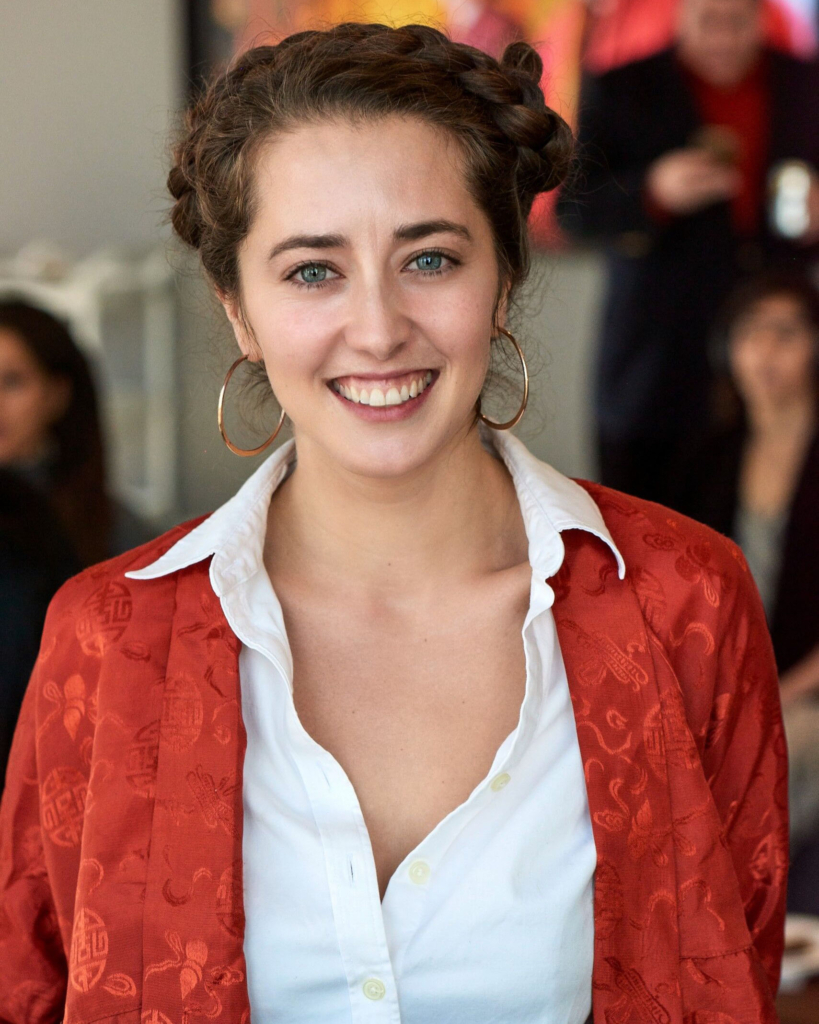
To figure out her own problem, Sniderman devised a solution that would also address the challenges currently faced by countless others around the globe. The online friendship community she founded is based on her own academic background, with a Masters in Counselling and Clinical Psychology, as well as six years of experience running in-person retreats.
“Through analysing the anecdotal learnings from the retreats, as well as my research on community and relationships, I developed a methodology for meaningful connection based around four pillars: mutual vulnerability, generosity, reciprocity and consistency,” she explains. “Kinnd was born out of a desire to test whether this methodology for friendship could be translated from an in-person setting to a digital space. We have discovered in the past nine months that it works incredibly well as a mechanism to help people make new friends online.”
In its first incarnation, Kinnd (pronounced like the word “kin”) was and is a rapidly growing Facebook group with, at Sniderman’s last count, “over 8,500 members, 2,500 posts, 100,000 comments and reactions, and a daily engagement rate of 42%, meaning that over 3,500 people come to Kinnd each day to make friends.”
An Old New Problem
While Sniderman didn’t necessarily anticipate the immense growth, she was not surprised by her project’s success. Kinnd is tapping into an immense need for virtual connections generated by exceptional circumstances, but its founder is also aware of underlying issues that existed before last year.
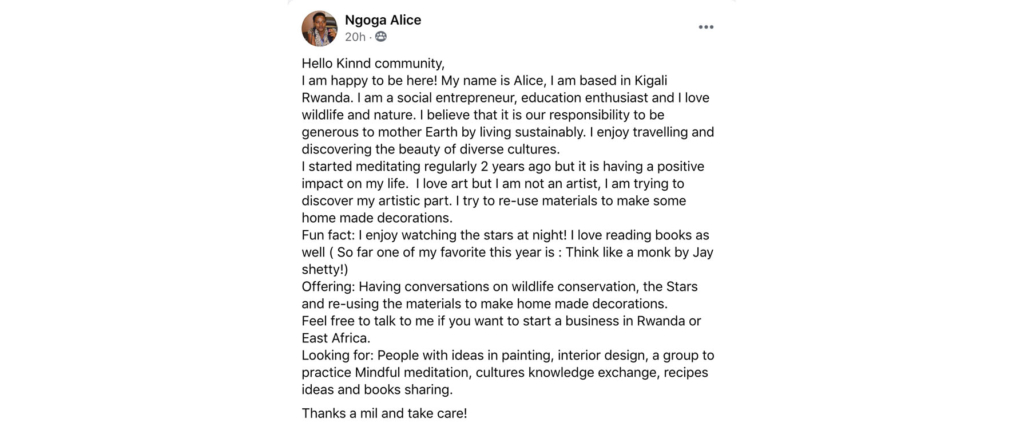
According to Sniderman, “loneliness is not a new global challenge. It’s just the first time that society is holding space for us to have a collective conversation about it. The pandemic has forced millions of people around the world into physical isolation for extended periods of time. This has not only led many to feel lonely for the first time due to prolonged aloneness, but the lack of external stimuli and activities that kept us distracted from questioning or admitting how we really feel about our current relationships have mostly disappeared.
“For better or worse, this removal of distractions has created an opportunity for many to realise or admit for the first time how lonely they truly are. Acknowledging these feelings and voicing them is a really important first step in the broader de-stigmatisation of loneliness.”
Ever the optimist, Sniderman is convinced the sudden shared experience of widespread loneliness makes it easier to tackle together. In her opinion, “the experience of loneliness is ordinary, not extraordinary. Considering we have members on Kinnd from 100 countries, varying age ranges anywhere from 18-85 and with diverse personalities, I don’t believe that loneliness can be reduced to a specific group or set of identifiers.
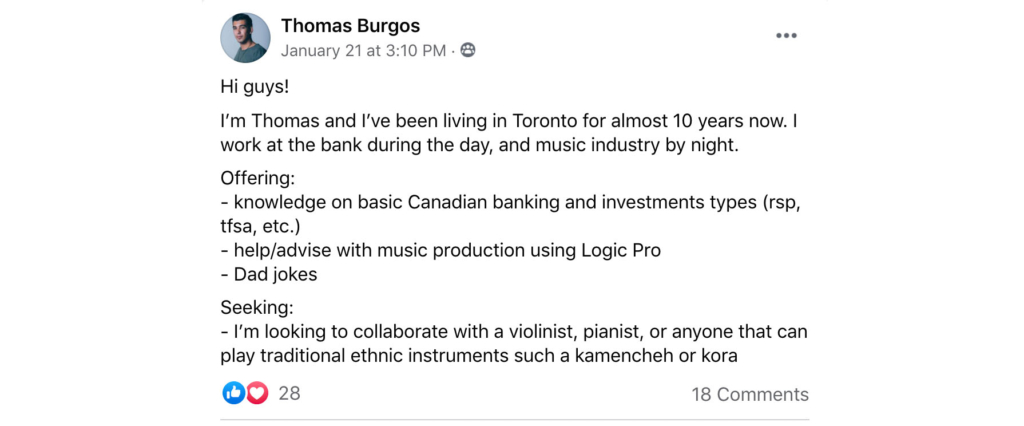
“One thing that is absolutely clear in a vast body of research is that we are hardwired for connection. For our connections to feel fulfilling, we must feel accepted, valued and loved. When these needs are met, relationships become as important to our health as our diet. They mitigate the risk of all the health problems caused by loneliness.”
There’s An App For That
So how does the cure for the epidemic of loneliness diagnosed by Sniderman work? On the Kinnd Facebook group, new members introduce themselves with an “icebreaker barter” telling others what they have to offer in a friendship and what they are looking for in others.
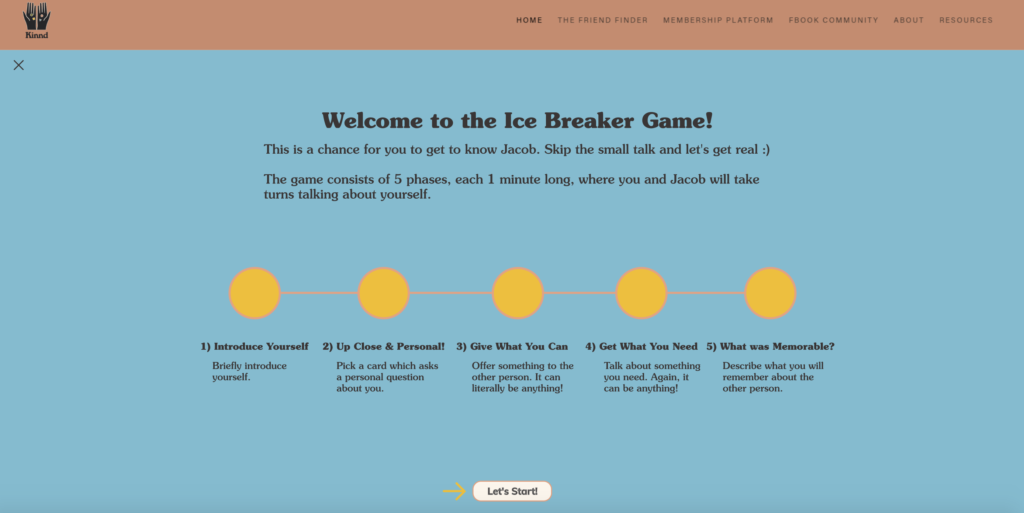
Sniderman emphasises that this is not a materialistic exchange, nor does it reduce every new friendship to a skill-sharing arrangement: “The intention is not to come to Kinnd to exclusively take someone up on their offer, but rather to use this offer and request as a bridge to form a deeper connection. To me, our tagline, ‘give what you can and get what you need,’ relates to how I want to feel in a friendship. I want my friendships to feel reciprocal, that both people feel nourished and empowered by the dynamic.”
Speaking of personal friendships – has Sniderman herself found any meaningful connections through Kinnd? “I absolutely have,” the founder is happy to confirm and elaborate. “Kinnd has been incredible for my own mental health because I’ve made so many new friends.”
She is even mixing friendship and business in a way that seems particularly appropriate in her case: She met her entire app development and community management team through the platform.
“One great example is our lead developer Bruno,” she recalls. “We began our friendship like every other member on Kinnd. Bruno made a post where he stated what he had to offer, which was technical advice, and what he was looking to receive, which was to practice his English and find someone to play music with. I saw his post, reached out to him and said, ‘I am actually looking to chat with someone about app development, and I’m a musician, so I’d love to play music with you!’ For the first month we chatted every week, exchanging ideas, playing music and developing a beautiful friendship which really helped to combat my own feelings of loneliness during COVID. Bruno is now the lead backend developer for the Kinnd app and one of my dearest friends.”
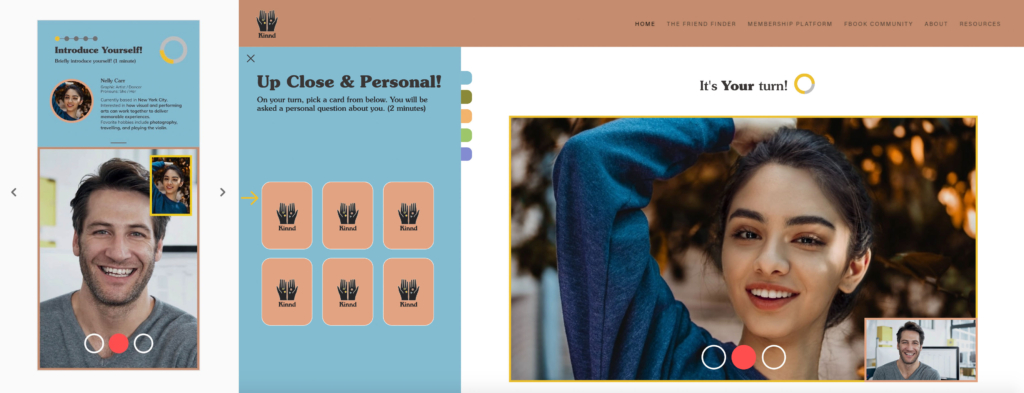
Back To (A New) Reality
Sniderman is convinced that the service the Kinnd offers – as a Facebook group or as an app – will still be relevant, even after we return to real-life socialising. “When we take away the need for proximity, we open up a world of potential new friends. COVID-19 has shown us that it is possible to build and maintain important connections online. I want to help people understand that you can make and sustain deeply meaningful friendships exclusively online. I don’t think that digital connections can completely remove the need for real-life interaction, but I do think that we can create digital environments and innovations which allow people to feel nourished by connecting online.”
Although the pandemic made the need for an online friendship community visible, that need won’t disappear after the virus is eliminated. “I don’t think there is such a thing as getting back to ‘normal,’ she insists. “There is no normal to return to, as the world and how we interact with one another has fundamentally changed. I think that the de-stigmatisation and embracing of digital friend-making as way to combat the growing epidemic of loneliness will only continue to unfold, and I look forward to championing innovations in this space through Kinnd.”

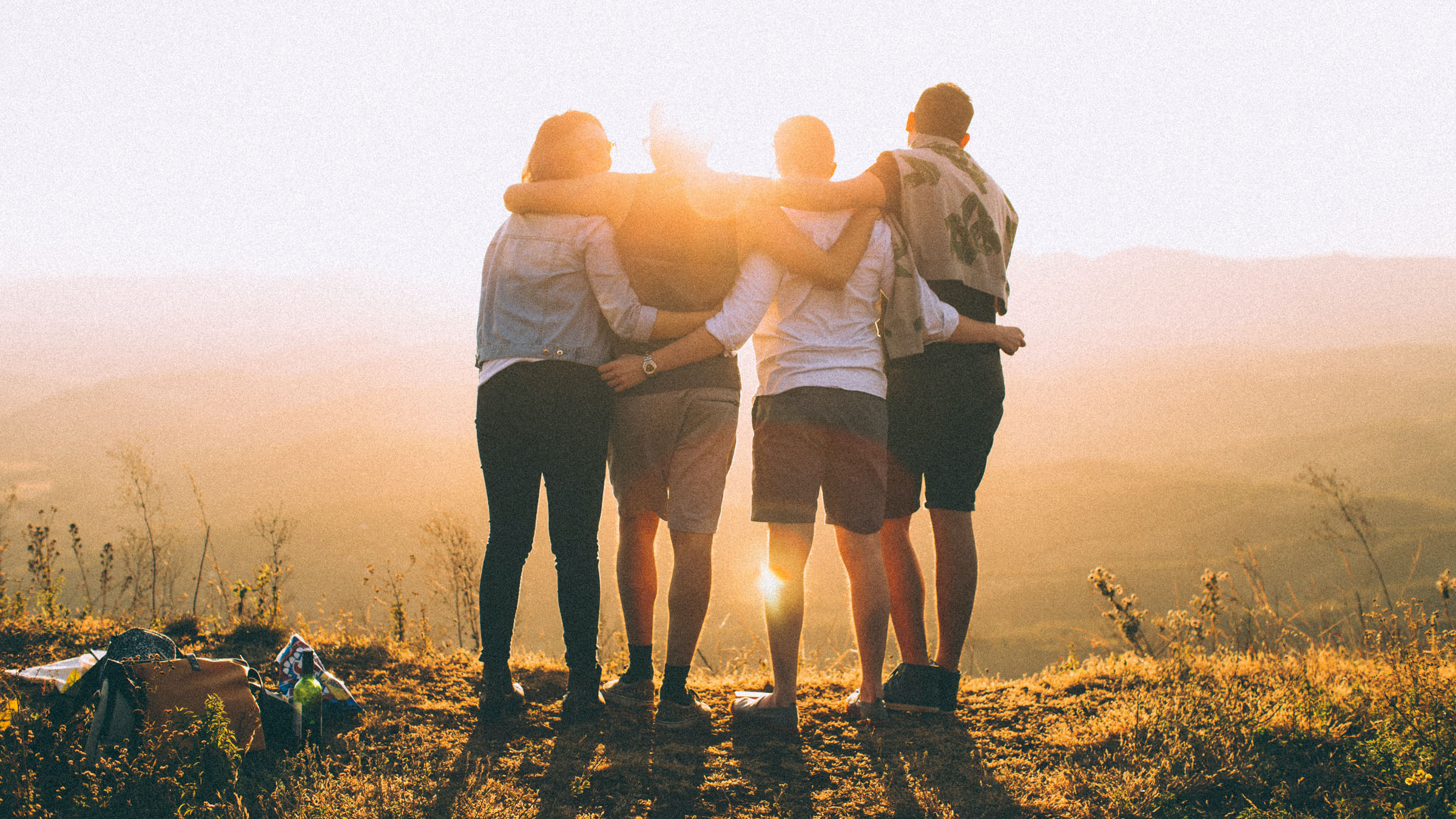


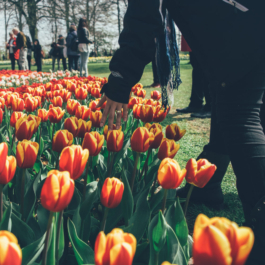
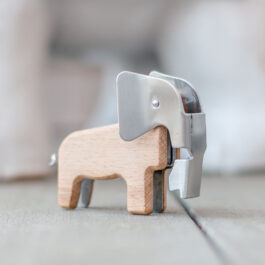
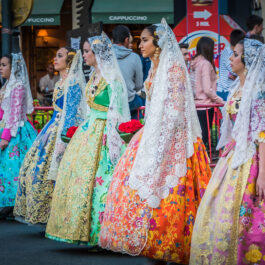




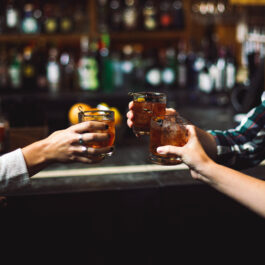

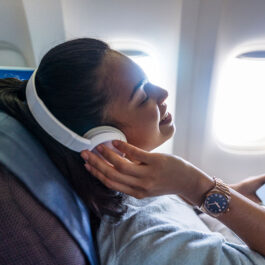
Sorry, the comment form is closed at this time.